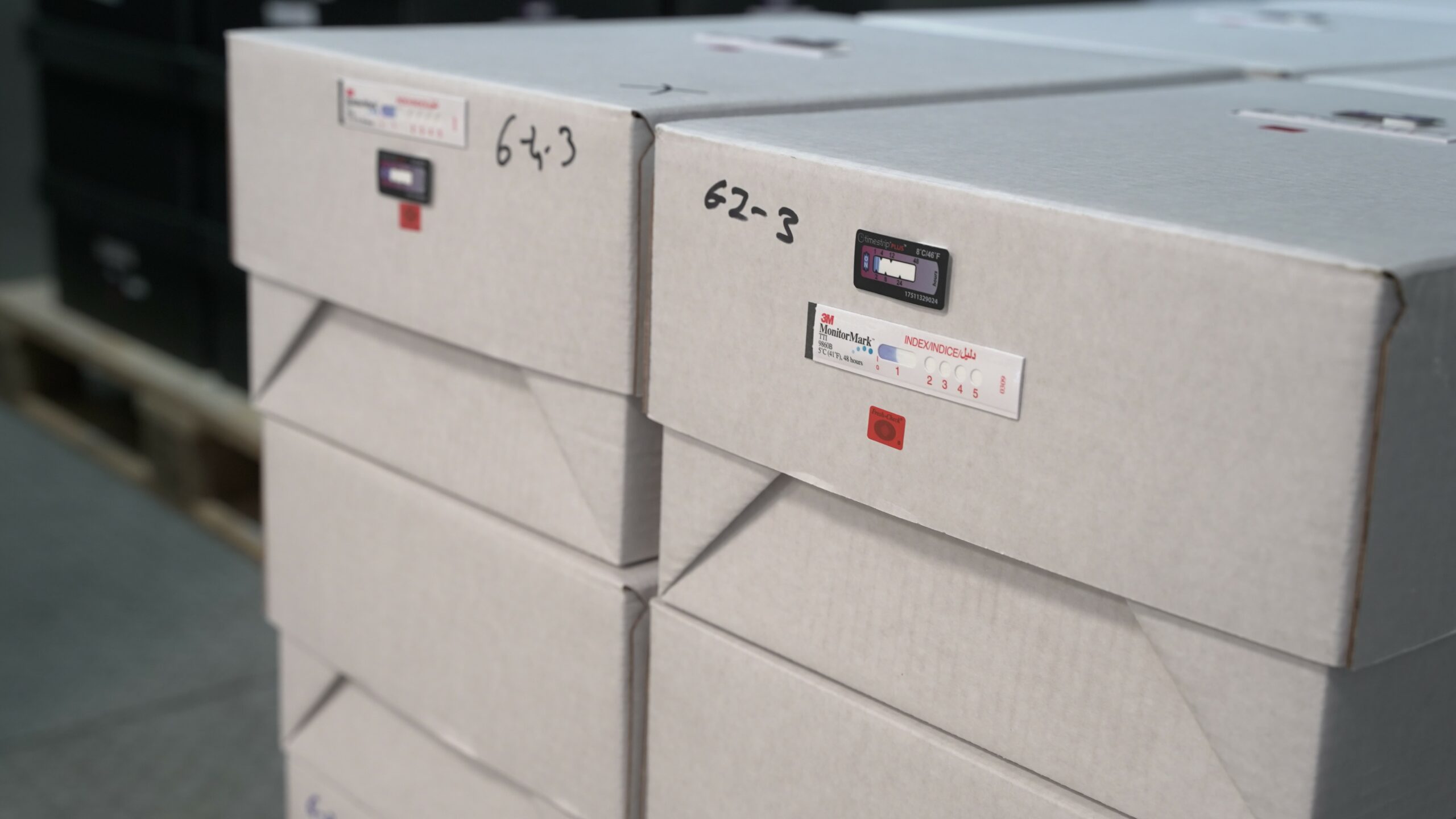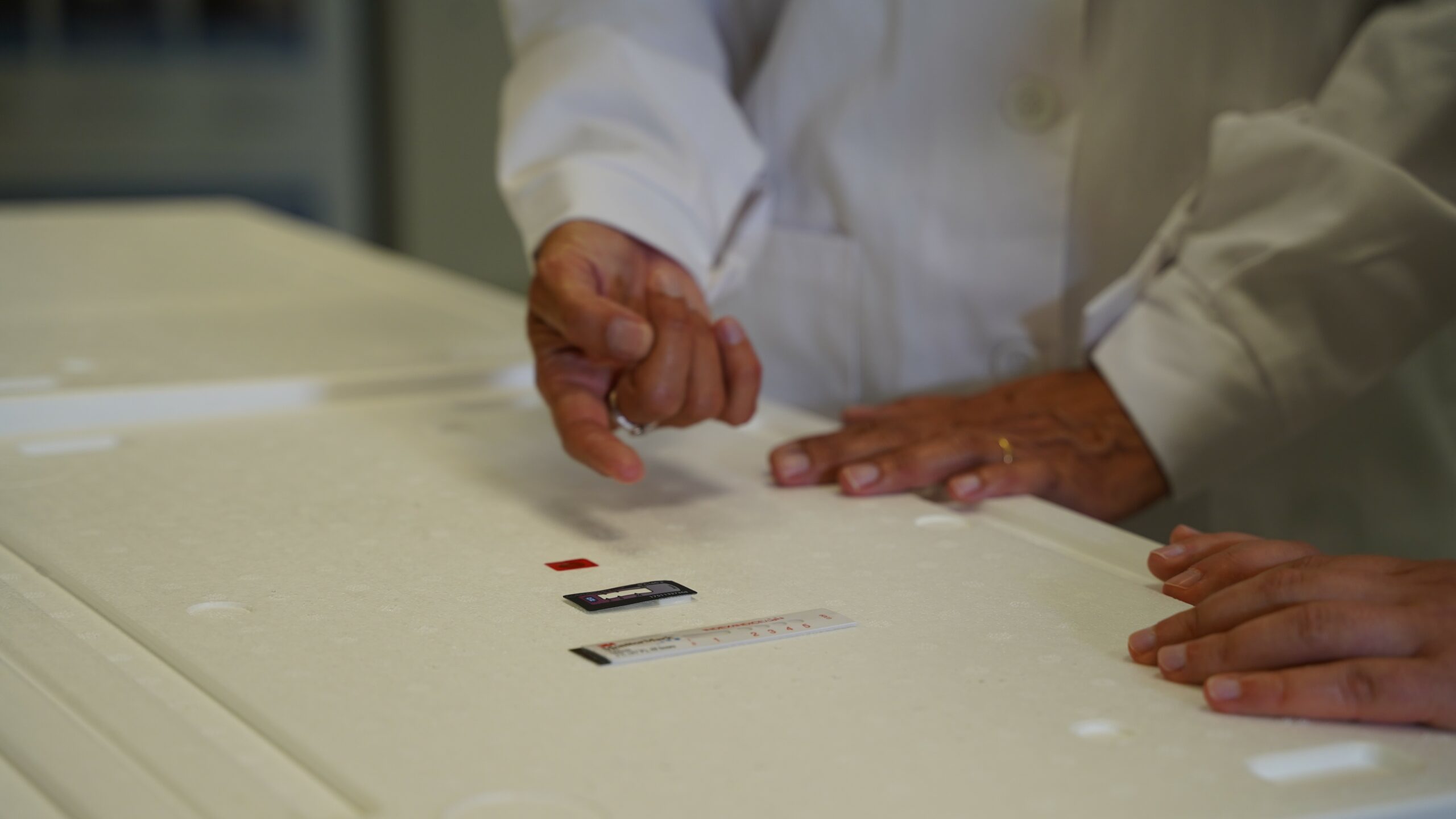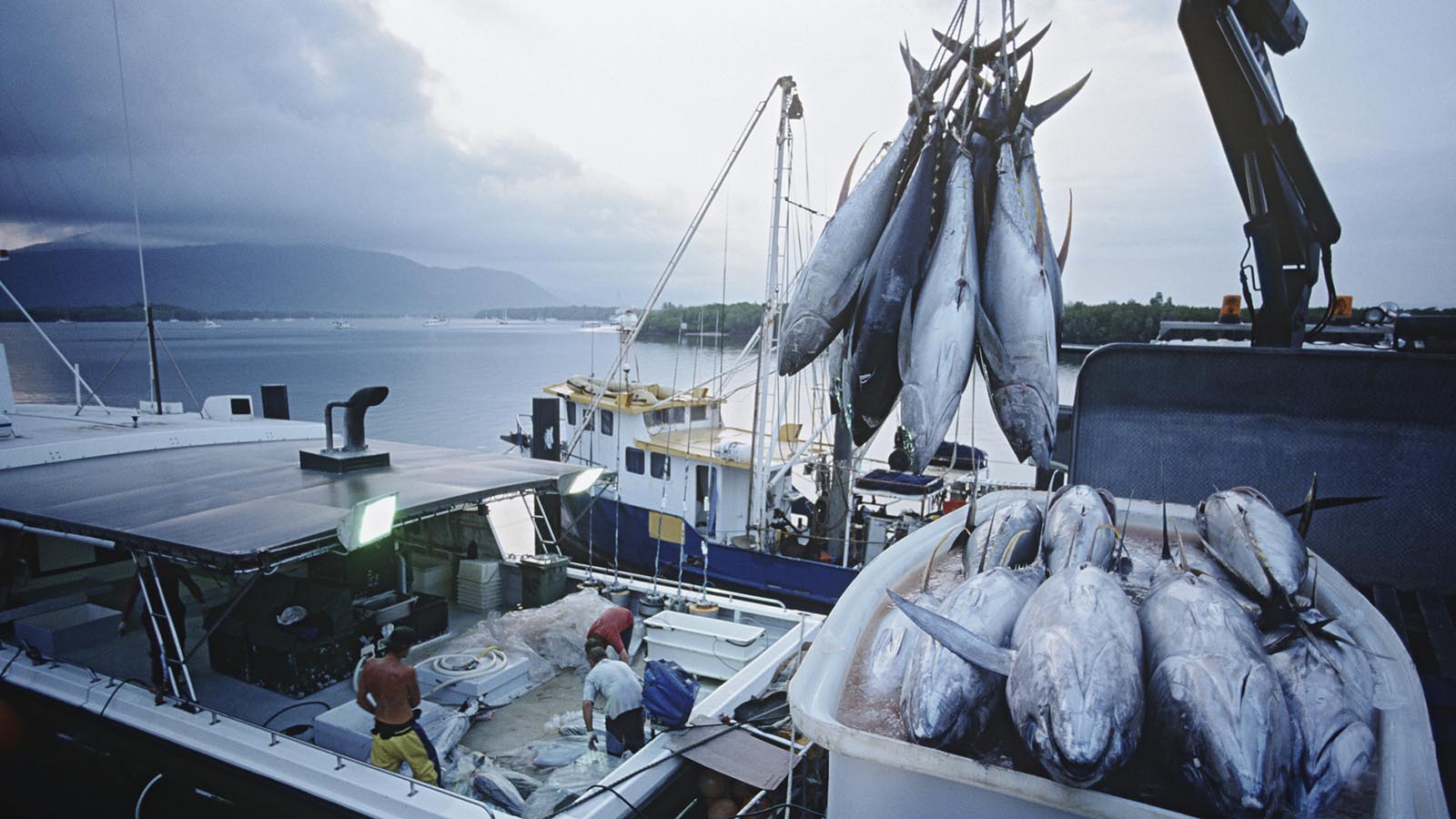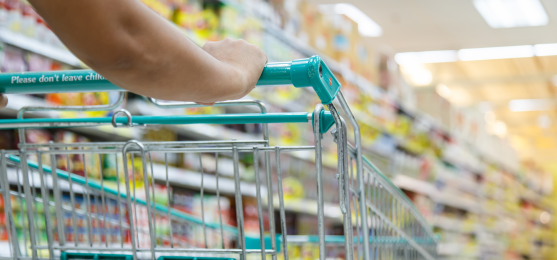A new traceability platform based on blockchain technology, QR codes and time-temperature indicators allows monitoring the cold chain and fish authenticity
This system has been developed and validated by a consortium of 13 international partners, including the ITENE research centre, within the framework of the SUREFISH project, financed by the PRIMA programme of the European Union.
A new traceability platform based on blockchain, QR codes and time-temperature indicators allows monitoring the cold chain and the authenticity of the fish. These are solutions developed within the SUREFISH European project, financed by the PRIMA programme of the European Union and participated by the ITENE research centre.
This project has concluded in February 2023 after three years in which a consortium formed by 13 partners (5 SMEs, 5 research centres, 2 universities and an association) from 5 countries (Spain, Italy, Tunisia, Egypt and Lebanon) has focused on tackling illegal, undeclared and unregulated fishing practices, due to the threat they may represent for the sustainability of fish stocks, as well as for the safety and quality of seafood products.
The results of this project were presented on 23 February at a conference organised by the ANFACO-CECOPESCA association, which is also a member of this consortium, at its headquarters in Vigo (Spain). Nuria Herranz, Technological Consultancy, Technical Assistance and Innovation Manager in ITENE, took part in this event. “The control of traceability, authenticity and cold chain of products is essential to guarantee their quality and safety and to prevent food waste, which avoids claims and economic consequences because their affectation”, she said.
Through state-of-the-art tools and methodologies for fraud detection and freshness and quality assurance, the European PRIMA SUREFISH project has developed a comprehensive solution to improve transparency, accountability and protection of fish species throughout the seafood value chain.
In addition to generating knowledge and data on the conservation of Mediterranean fisheries and suggesting policy recommendations to improve their management and sustainability, the project has developed a complete, fast and simple traceability system to combat fishing fraud, authenticate the origin of the products and guarantee the highest quality.
This system combines new technologies such as blockchain, time-temperature tags and optical QR codes which, together with 12 harmonised analytical protocols to authenticate products, help to make fraud more difficult and facilitate supply chain traceability along the value chain. They also allow consumers to verify the authenticity of food and how it is produced and marketed.
Evaluation of solutions for cold chain traceability
As part of the consortium, ITENE has selected different technological solutions for cold chain traceability, such as time-temperature indicator tags (TTIs) and devices to measure temperature and humidity (dataloggers). Afterwards, these were evaluated in ITENE’s transport simulation laboratory to determine protocols and recommendations for companies in the fishing sector that would use them.
Furthermore, the research centre used the selected solutions to evaluate the performance of the packaging available for the transport of seafood products and to verify the maintenance of the cold chain. It also participated in the analysis of consumer confidence in the packaging solutions, as well as in the validation of the ones developed through the implementation of four pilot cases.
These innovative solutions were tested, calibrated and validated for optimal performance with the support of the project partners and their adoption in fishing companies such as DIDON MAREE in Tunisia, Fish Basket in Egypt and Sofia For Fresh and Frozen Fish Trading S.A.R.L (SOFIA) in Lebanon, which are also part of the consortium. The solution is currently being considered for expansion and extension to other regions and markets.
Apart from ITENE, the consortium that has developed this project has been formed by Enco SRL, which has been the coordinator, the Università degli Studi di Napoli Federico II (UNINA), the Centro Nacional de Tecnología y Seguridad Alimentaria (CNTA), Ingeniería y Control Electrónico S.A. (INGE), TEANFACO, Institut National des Sciences et Technologies de la Mer (INSTM), Group Didon Marée, Association Slow Food Tebourba, Central Laboratory for Aquaculture Research (CLAR), Fish Basket, American University of Beirut (AUB) and Sofia For Fresh and Frozen Fish Trading S.A.R.L (SOFIA).



